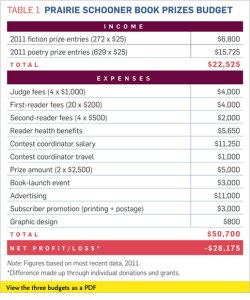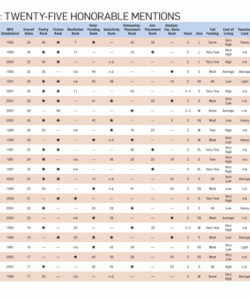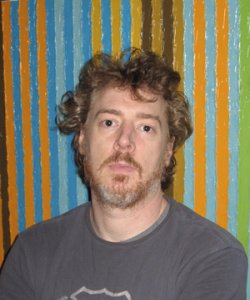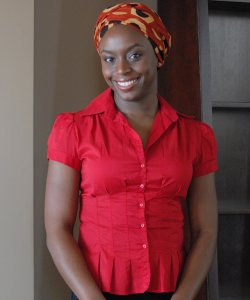The Economics of Competition: An Overview of the Contest Model
A look at the risks and rewards of book-publication contests, including an overview of the contest model, a breakdown of the budgets behind three major book prizes, the intangible benefits of winning, and an interview with four frequent judges.












